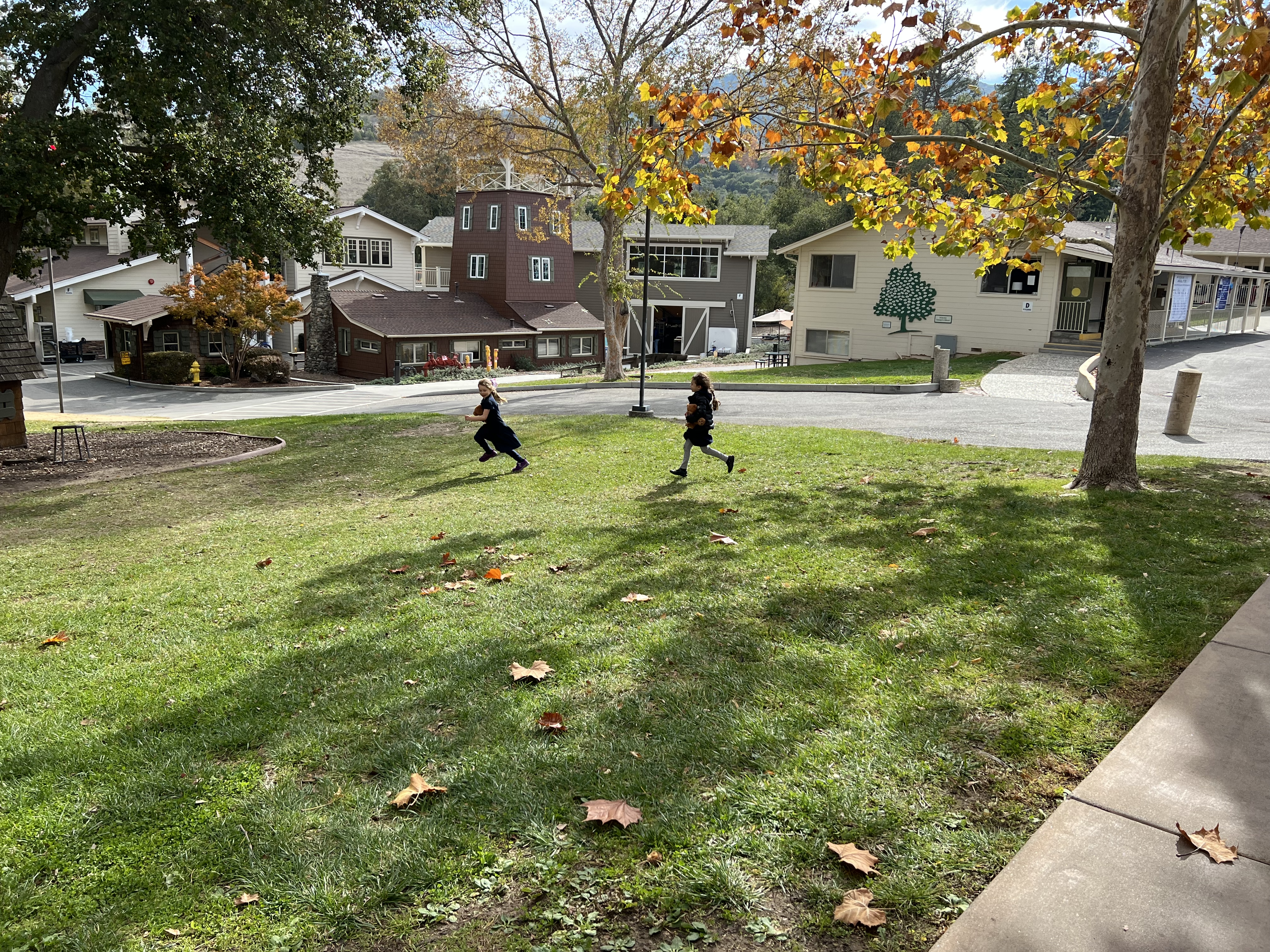Contributed by Mark Silver, Head of School
This past weekend, I found myself standing alone in a theater lobby during intermission of the stage production of “Finding Neverland” up in San Francisco. I started to reach into my pocket to pull out my phone, when I stopped myself. Instead, I looked around the lobby and started people watching. Nearly half of the people in the lobby had their phones out, intently looking at their screens. I watched people standing there, often in small groups, immersed in their virtual worlds, ignoring the people standing around them. A few people challenged the norm, talking animatedly with friends and family, phones nowhere in sight.
The next day, I was listening to NPR, and a short story came on about a South Korean Buddhist monk, Haemin Sunim, who has taken to Twitter and other social media, including Facebook and YouTube, to share Buddhist philosophy. Sunim’s 140-character tweets have taken South Korea by storm, and a new book that is a compilation of those tweets was just published in the United States. Titled The Things You Can See Only When You Slow Down, the book provides daily inspiration to challenge us to be be present, to connect more fully with our emotional life, and to find ways to hear within an increasingly noisy world. The irony was not lost on the NPR correspondent or Sunim that he was using Twitter to share this message. As he explained, however, “You can fight against the technology, but I realize that it’s difficult to fight against technology. So rather than fighting it, why don’t I provide better content?”
Apparently, the stars were aligned and the universe was imploring me to pay attention, for the next morning I and other members of our community had the good fortune to hear our own Hillbrook parent and psychologist, Sarah Levoy, talk about mindful parenting at the HSPC meeting. Sarah provided a brief introduction to the topic and then shared several activities that challenged us to reflect on our interactions with our children. She asked us to rate which obstacles most commonly interfere with our ability to fully be present with our child or children, with choices ranging from being distracted by your other children, work on your mind, social media, environmental distractions, or running late. I cringed a bit as I thought about the whirlwind departures that sometimes happen in our household and how I am most definitely not my best in those moments. She also challenged us to think about a moment in which we had felt like we were a parenting superstar, and another in which we had been less than our best. Needless to say, both scenarios gave me pause.
Coming together in such rapid succession, these three touch points challenged me to think about how I am making sense of the always on, often hectic world we inhabit. The biggest takeaway? The way we experience our life is something we can control. It is the lesson we teach children from the youngest ages. We all likely remember telling our children, “You get what you get, and you don’t get upset,” or some variation of that sentiment. While we can’t control every outcome and while we can’t ensure that things always work out the way we want them to, we can always manage how we react to those things. The key, it seems, is recognizing two seemingly contradictory truths at the same time – we have both more control and less control than we think.
Returning to Haemin Sunim, I particularly appreciated this tweet from last week. “Do only one thing at a time. When you walk, just enjoy walking. When you listen, really listen. You will become happier and more centered.” I’m adding one more for myself – “When on Twitter, tweet. When on Facebook, like. At all other times, keep the phone in your pocket and live in the moment.”

